By ALIX BOYLE
More and more, Connecticut workers are interested in controlling their own destiny. Rather than work a 9-to-5 job, they’re following their passions, and finding that the money will follow. An increasing number are starting small businesses.
“I think entrepreneurship is having a moment,” said Fran Pastore, founder and CEO of the Connecticut Women’s Business Development Council (WBDC). “People are more focused on their own well-being and are looking for more meaningful work—living to work, not working to live, if you will. I think there’s a continuation of the trends we saw during the pandemic.”
There is also a growing interest in encouraging more women to invest in women-owned businesses. A good example of this is Tidal River, an angel investment group co-founded by Connecticut First Lady Annie Lamont and Alison Malloy, whose mission is to encourage women investors nationwide to help strengthen Connecticut’s entrepreneurial ecosystem, Pastore said.
She is also seeing more women looking to get into the health and wellness space.
For its part, the WBDC has been awarding Equity Match Grants to existing women-owned businesses to help them grow. Grants went to all types of businesses, from yoga studios to candle makers to a place called the Green Teahouse in the Westfarms Mall.
The teahouse is a welcoming respite within the bustling mall. A central table offers several different teas to sample, such as sweet watermelon, a white tea mixed with watermelon, honeydew, strawberries and other ingredients. Bags of premium loose teas line the shelves as well as specialty pots to steep them in. Bubble tea is a favorite of the high school and college crowd.
When teahouse owner Ting Luo was asked to move her shop from the upper level of Westfarms Mall to the lower level, she used the grant money to help pay for the move and to renovate and set up her new space.
“As a small business owner, and a foreigner and a minority, you don’t always feel like you have backup,” Ting said. “It’s always a struggle to find capital. My small business advisor from the state suggested that I apply for the grant. I recommend the WBDC to any woman starting a business. They are really dedicated to helping.”
Luo came to the U.S. from Chengdu, China, in 2003 to pursue a master’s degree in hospitality at University of New Haven. She wanted to share the ritual, culture and health benefits of Chinese tea. She opened her first shop in Blue Back Square in 2009.
“Kids who came to the shop as babies are now applying for jobs,” she said. “It’s great to see.”
The WBDC started giving the Equity Match Grants at the end of 2020, said Chief Operating Officer Brenda Thickett.
“The program was born out of the recognition that a lot of federal Paycheck Protection Program (PPP) money went to male and white business owners,” Thickett said. “A lot of women couldn’t access the PPP money for a variety of reasons. For example, some women did not keep a separate bank account for their business. We gave 216 grants totaling over $2 million.”
The grants are meant to fund growth of the business, Thickett said. They’re not meant to be used for operating costs or inventory. Women-owned businesses that apply for the grants must also contribute $2,500 toward the area of growth. However, there are some exceptions to this rule.
The application is similar to the paperwork for a bank loan application, Thickett said. If an application does not get funded the first or second time around, the WBDC will work with the applicant to fine tune it.
According to survey results, of the businesses that have had the grant funds for at least 12 months, 79 percent of the businesses have increased revenue, 65 percent have increased profits and 50 percent have hired employees, Thickett said.
When equity grant match recipient Melissa-Sue John was a little girl growing up in Jamaica, she read books like “The Secret Garden” because it’s what was available at that time. “I never read books about a Black girl with two parents,” John recalled. “I never read books about someone like me.”
Now a psychology professor at University of Saint Joseph, a wife and mother of two nearly grown daughters, John helms a publishing company that specializes in children’s books with every type of character so that kids can see themselves reflected in books. “We have one book with a character with Albinism,” she said. “It’s helpful for starting a discussion.”
The company is called Lauren Simone Publishing House after her daughters, Olivia Lauren, now 15, and Alyssa Simone, now 22. John got into the publishing world after complaining to her daughters that there was not enough representation in children’s books. Even in the 2000s, 27 percent of characters in younger kids’ books were animals, 60 percent were white children, 10 percent African American, 7 percent Asian, 5 percent LatinX, and one percent indigenous people, John stated.
Then 7, Olivia said, “Mom, don’t complain about the problem, be the solution.”
So, John and her daughter teamed up to write “Olivia Lauren’s Occupations A to Z, a Children’s Guide to Jobs and Careers” to talk about jobs in the STEM field in a way young children can understand.
John’s company has since expanded into publishing books from a wide range of authors and has published 36 books since 2017.
Recently, the company received a $10,000 Equity Match Grant from the Connecticut Women’s Business Development Council (WBDC). John used the funds to update the website and logos, and to create an author portal, training videos and free content.
“I encourage writers to keep trying,” John said. “Your best story might not be your first. The more you write, the better you become. You have to fail to succeed. Everyone has a story to tell. Wouldn’t it be awesome to share your story so other people know they’re not alone?”
Starting Out to Help Others
“I was a recently divorced mother of two young girls looking for a way to support myself and my children,” Pastore said about starting WBDC in 1997. Early in her career, Pastore worked on Wall Street as a compliance officer for a brief period. “I have always been passionate about women’s equality and, when I learned that Connecticut was one of the only states in the country that didn’t have an organization to support women entrepreneurs, I knew that I had to fill that gap.”
The WBDC offers a variety of services for women looking to start or expand a business, including classes in QuickBooks and sessions with mentors and business advisors. There is an entire section devoted to childcare businesses.
Since 1997, WBDC has educated and trained nearly 18,000 clients in all of Connecticut’s 169 towns—helping women to launch, sustain and scale over 13,300 businesses, create and maintain 29,000 jobs in Connecticut, and access more than $66 million in capital, Pastore said.
Pastore is seeing more women go into light manufacturing and farming as well as health and wellness. She’s also seeing a rise in e-commerce.
“That comes hand in hand with people focusing on more quality time and more time with family,” Pastore said. “People would rather spend time with family, exercise or pursue a hobby than go to the mall or other retail stores. It takes much less time to click a button than it does to get in the car and drive to a brick-and-mortar store.”
As founder and president of VASE Construction, Vincencia Adusei and her team have worked on some high-profile buildings, from a $7 million renovation of the Winslow Celentano Apartments for the New Haven Housing Authority to homes wrecked by Hurricane Sandy to Yale’s Peabody Museum. Though she’s been in business more than 15 years, Adusei relies on the WBDC for advice. She credits the WBDC’s Patricia Klapper for supporting her and encouraging her to apply for the equity match grant.
Adusei plans to use the funds toward the purchase of a vehicle so that members of her team can easily drive from the office to building sites to do an estimate or check on the progress of a project.
Raised in a construction family in Ghana, Adusei wishes more women would go into the field.
“I think women would do well in construction because there’s a lot of attention to detail that goes into estimating and managing a project,” Adusei said. “You’re managing subcontractors like roofers, electricians, pavers.”
Pastore is excited to meet the next group of grant recipients. The Equity Match grants for 2023 opened in August. For application information, visit ctwbdc.org/equity-match-grant-program/.
“I thrive on being a part of the passionate WBDC team and witnessing their pride and enthusiasm in the work we do to make a difference in the lives of so many women in Connecticut,” Pastore commented. “There is nothing better than seeing the women we work with realize their dreams.”


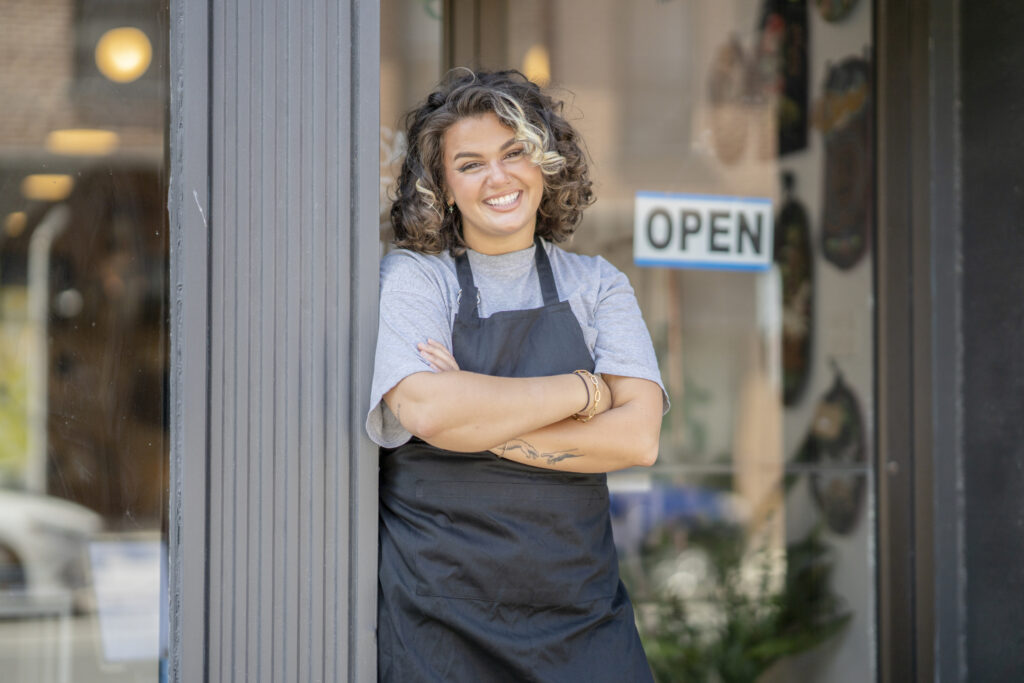



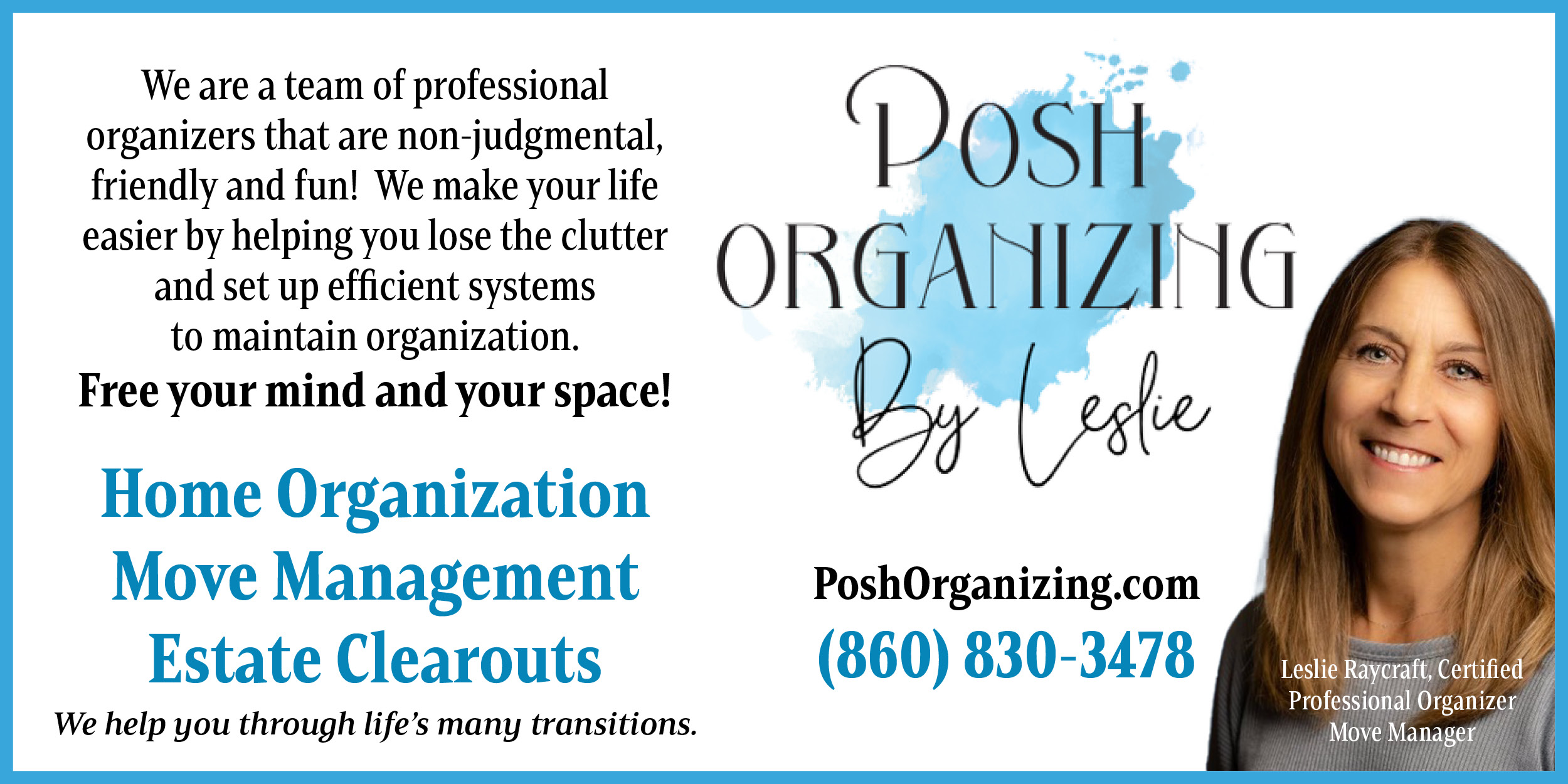


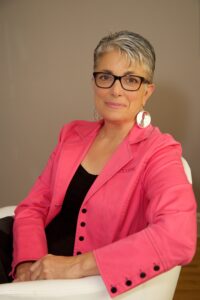
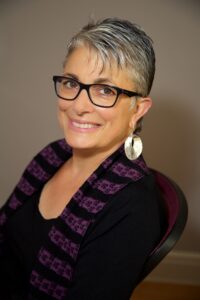

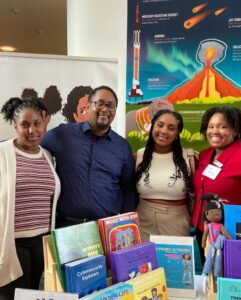

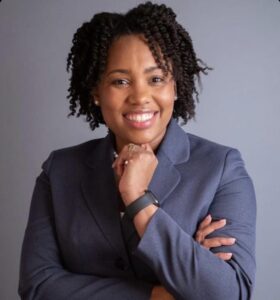
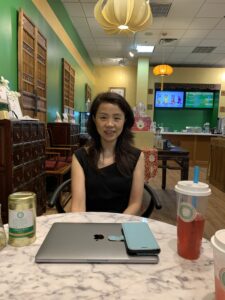

More Stories
Over 50, Underestimated: The Grandfluencers Redefining Age on Social Media
Building Resilient Businesses: Strategies for Success
Summer Means Convertibles